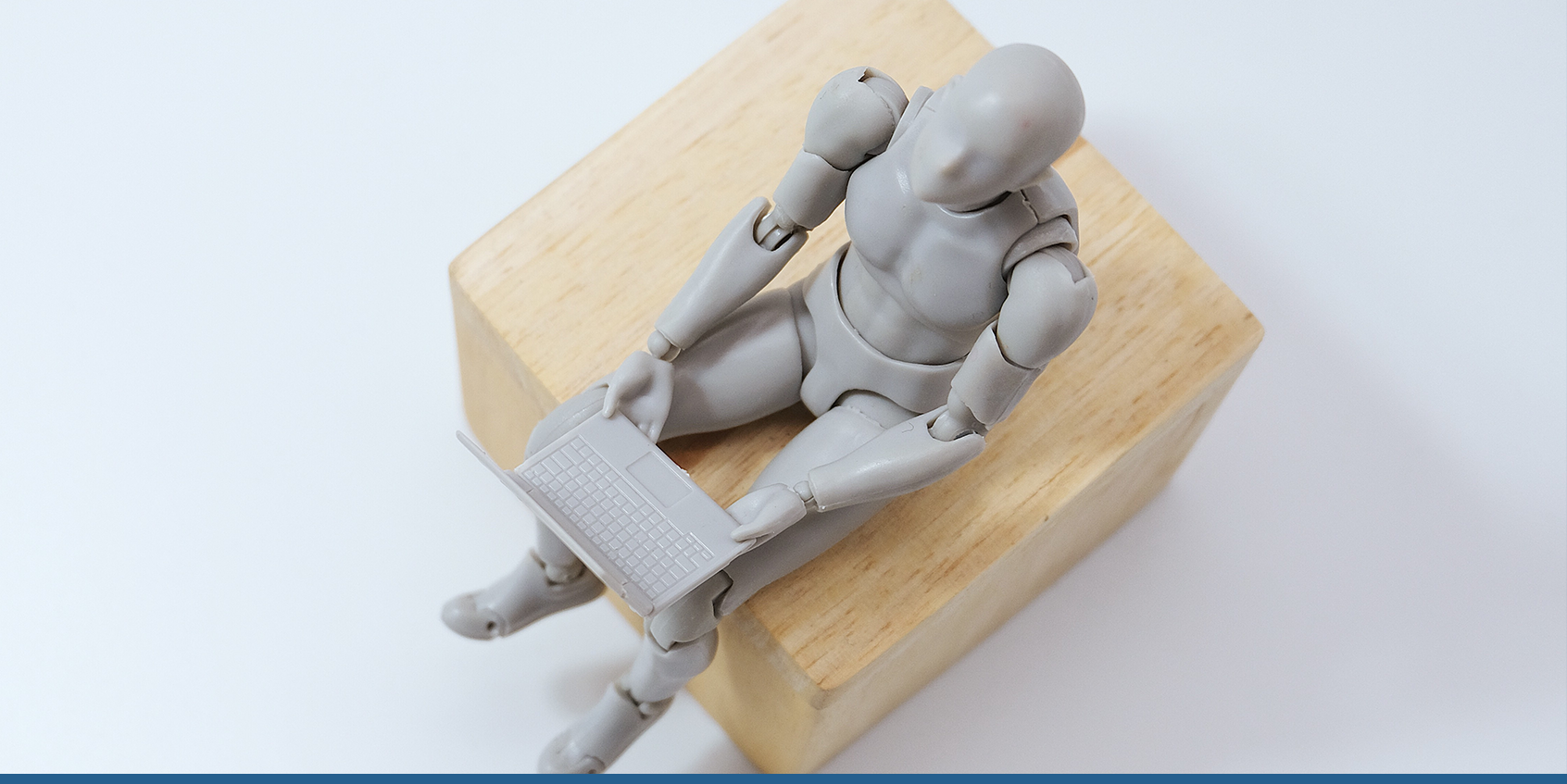
In the world of professional services and accounting, where timely payments and efficient debt collection are paramount, QuickFee emerges as a game-changer. This Australian-based financial technology firm specialises in innovative payment solutions, and it’s creating ripples of transformation across the industry by revolutionising the way professionals receive payments. Today, we delve into a compelling case study that showcases how QuickFee has partnered with Burwood Accounting Services, an esteemed accounting firm in Australia, to address their debt collection and efficiency challenges.
Burwood Accounting Services: A Profile in Excellence
Burwood Accounting Services, founded in 1998, is a stalwart in Australia’s accounting landscape. With a steadfast commitment to delivering comprehensive financial solutions to individuals and businesses, the firm has steadily expanded its services and clientele over the years.
The Challenge: Streamlining Payment Collection and Payment Processing
Burwood Accounting Services faced two critical challenges that are all too familiar in the industry:
- Inefficient Payment Collection: The firm grappled with the task of collecting overdue debts effectively, often leading to delays in cash flow.
- Cumbersome Payment Processes: The existing payment methods used for settling invoices left much to be desired in terms of user-friendliness, causing inconvenience to clients.
The QuickFee Solution: Empowering Efficiency and Convenience
In response to these challenges, Burwood Accounting Services turned to QuickFee for a solution. QuickFee’s offerings included:
- Flexible Payment Options: QuickFee introduced a gamut of payment choices, empowering clients to settle their invoices with ease and convenience.
- Seamless Integration: QuickFee seamlessly integrated with the firm’s invoicing process, allowing for a swift and hassle-free implementation.
- The Remarkable Results: A Triumph of Efficiency and Client Satisfaction
The integration of QuickFee into Burwood Accounting Services brought about a transformation in their operations, yielding remarkable results:
- Enhanced Payment Collection: QuickFee’s array of payment options streamlined the payment process for clients, leading to a substantial reduction in debtor days. Clients embraced the convenience of paying invoices through provided links, eliminating the need to navigate their banking systems and minimising distractions.
- Time Savings: QuickFee’s dedicated support staff and automated payment reminders help streamline the payment process and saved administrative time for the firm’s staff.
- Positive Client Feedback: Clients warmly welcomed the convenient payment options offered through QuickFee. The firm’s decision to incorporate QuickFee links into all emailed invoices received unanimous praise from clients.
Conclusion: QuickFee – Paving the Path to Success
QuickFee proved to be an invaluable asset to Burwood Accounting Services, effectively tackling their debt collection and payment processing challenges. The integration resulted in improved efficiency, a reduction in debtor days, and heightened client satisfaction. Moreover, QuickFee’s exceptional customer service and dedicated support staff played a pivotal role in Burwood Accounting Services’ success.
Recommendations: A Call to Embrace Innovation
The success story of Burwood Accounting Services with QuickFee resonates as a testament to the value of embracing innovative payment solutions in the accounting industry. We recommend that accounting firms, especially those wrestling with debt collection and payment processing issues, consider integrating QuickFee into their operations. QuickFee’s user-friendly payment options and unwavering support can lead to enhanced financial operations and stronger client relations.
In conclusion, the case of Burwood Accounting Services underscores the transformative potential of innovative payment solutions in the accounting realm. By embracing technology and efficiency, accounting firms can steer towards better financial outcomes and provide an enhanced experience for their clients.







